$41.10 – $109.20
Key Features
Suremix 60 Cylinder food grade Carbon Dioxide and nitrogen-mixed gas cylinder for drinks dispense. 60% Carbon Dioxide / 40% Nitrogen mixture used for dispensing highly carbonated lagers and ciders.
- Used to dispense carbonated lagers and ciders
- Gives beer a creamier, longer-lasting head
- Reduces fobbing
- Allows faster dispensing
- It extends the life of slower-moving draft beers
How much beer will a Suremix 60 Cylinder dispense
| Gas cylinder | Nominal gas content | No. of 11 gallon kegs dispensed1 | No. of pints dispensed1 |
|---|---|---|---|
| 566-V | 2.80 m3 | 11 kegs | 968 pints |
| 566-S | 5.12 m3 | 20 kegs | 1760 pints |
| 566-N | 13.14 m3 | 51 kegs | 4488 pints |
- Figures are nominal and will vary depending on the type of product dispensed, temperature and length of run to dispense point and the use of gas pumps, etc.
Refrigerant Gas Distributor: Refrigerant Gas Suppliers™ Sureserve Sales Service representatives can carry out a detailed cellar survey and recommend which supply option best suits your needs. Contact us on Live Chat for more information.
Suremix 60 Cylinder Specification
Carbon dioxide: 60% ± 2%, nitrogen: balance
→ oxygen <20 vpm
→ moisture <20 vpm
→ carbon monoxide <10 vpm
→ total hydrocarbon (CH₄) <50 vpm
→ non-volatile organic residue <5 ppm w/w
Conforms to minimum specifications for food gas applications (EIGA doc. 126-11)
Produced in compliance with EIGA Doc. 125/11 (BCGA GN4)
Before using Suremix 60 Cylinder in any new process or experiment, a thorough material
compatibility and safety study should be carried out. Ensure adequate air ventilation.
Ensure all national/local regulations are observed. Whilst proper care has been
taken in the preparation of this document, no liability for injury or damage resulting
from its use can be accepted. Note: When the Product Name appears in the SDS
header the decimal sign and its position comply with rules for the structure and
drafting of international standards, and is a comma on the line. As an example 2,000
is two (to three decimal places) and not two thousand, whilst 1.000 is one thousand
and not one (to three decimal places).
| Cylinder Size | V (2.8m3), S (5.12m3), N (13.14m3) |
|---|
Be the first to review “Suremix 60 Cylinder” Cancel reply
Related products
Carbon Dioxide
Carbon Dioxide
Carbon Dioxide
Carbon Dioxide
Carbon Dioxide
Carbon Dioxide
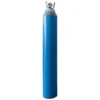
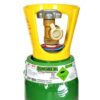
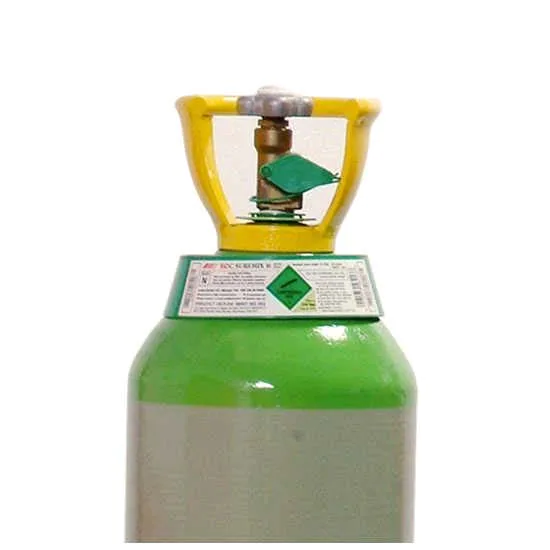
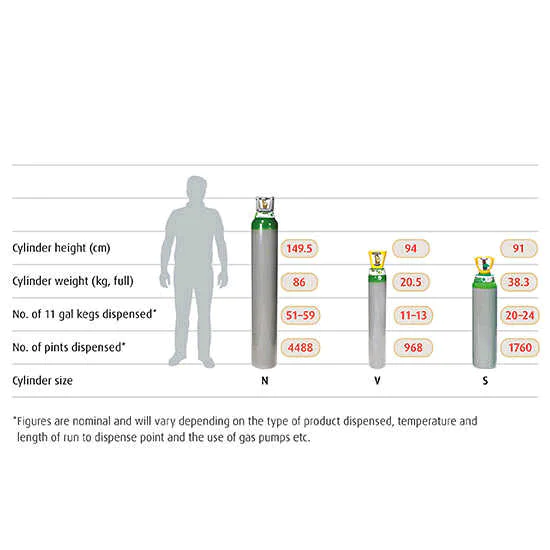
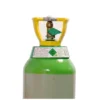
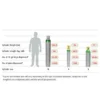
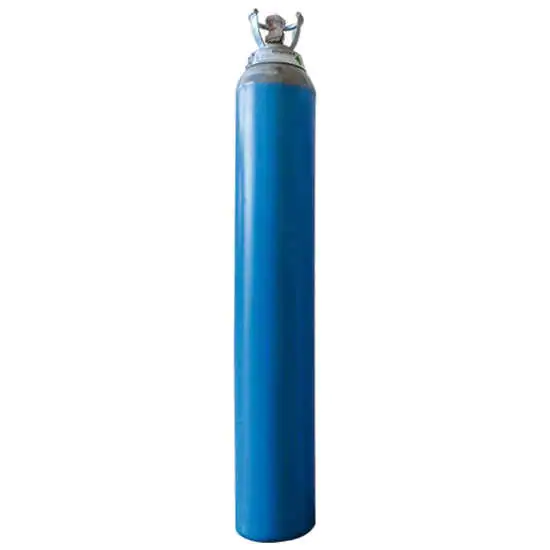
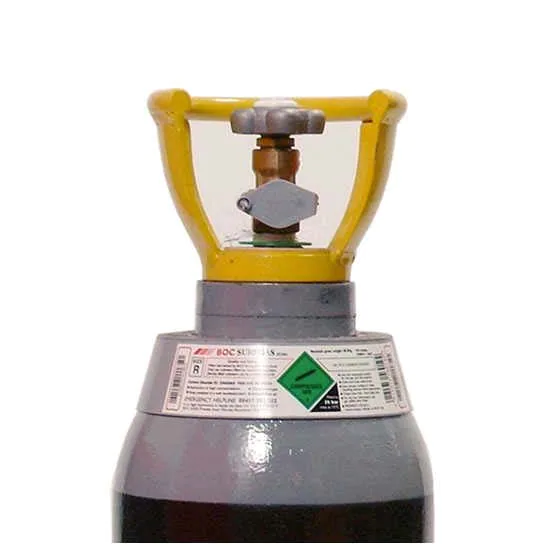
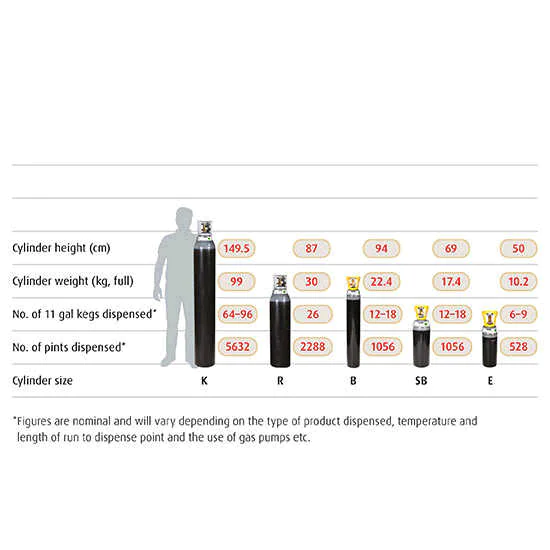
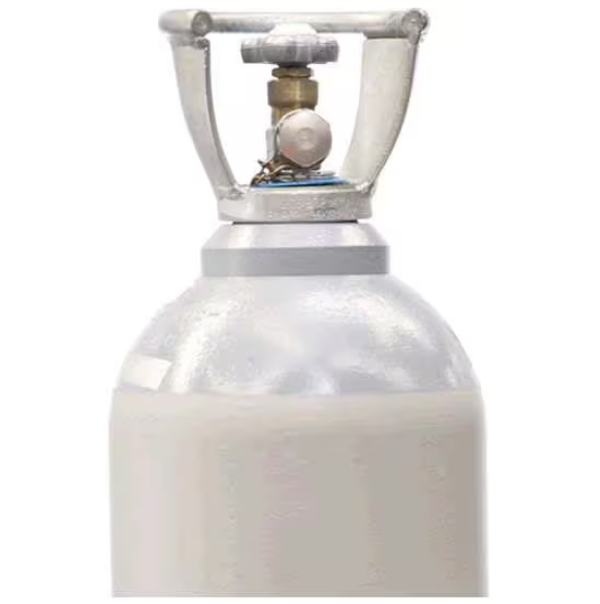
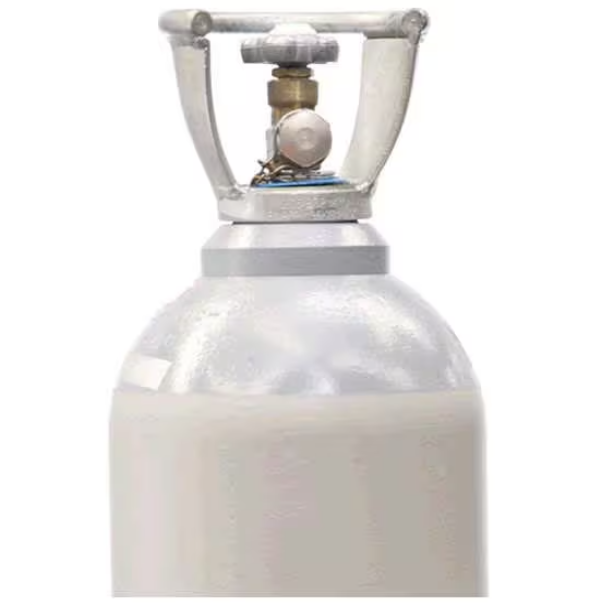
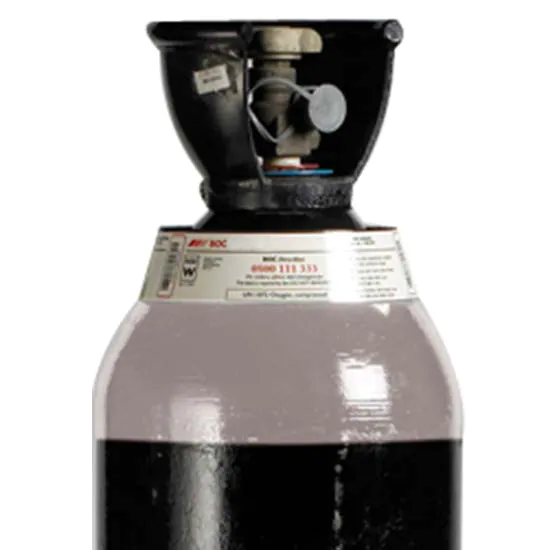
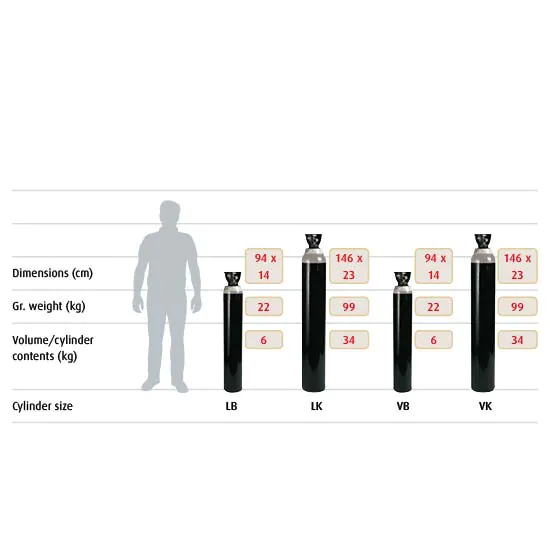
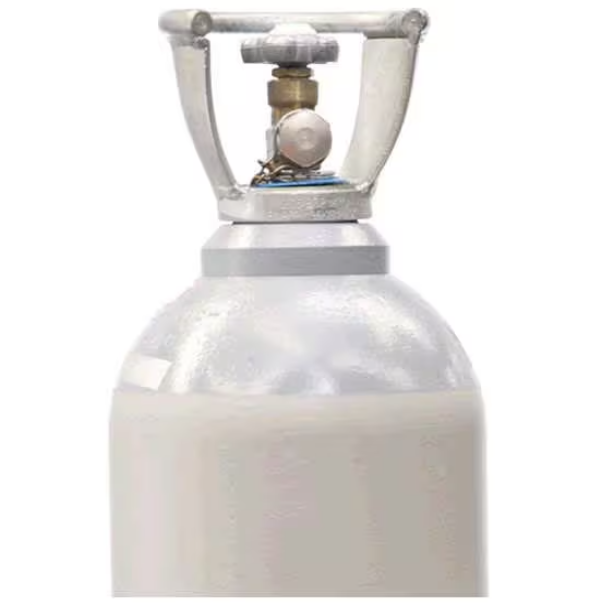
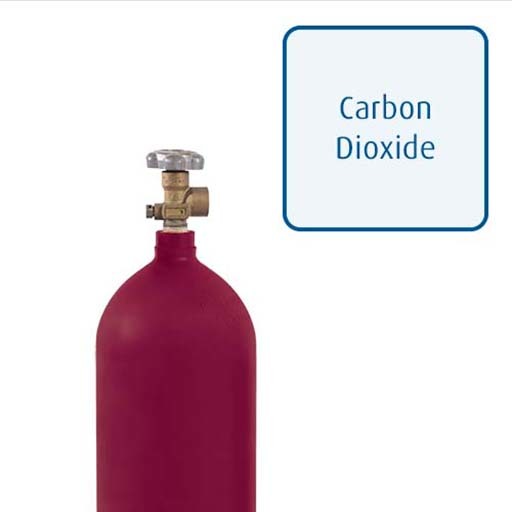
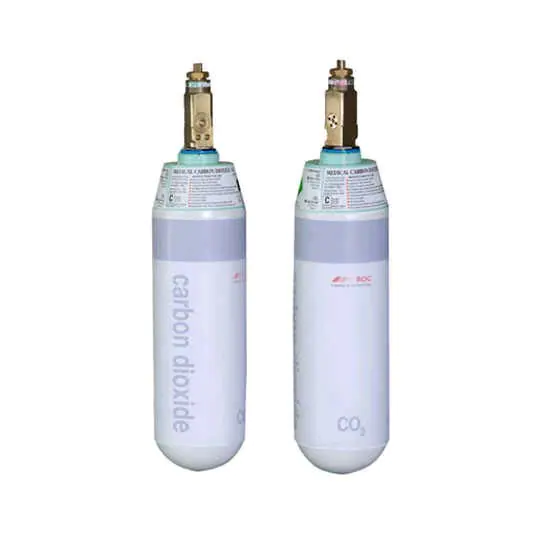
Reviews
There are no reviews yet.